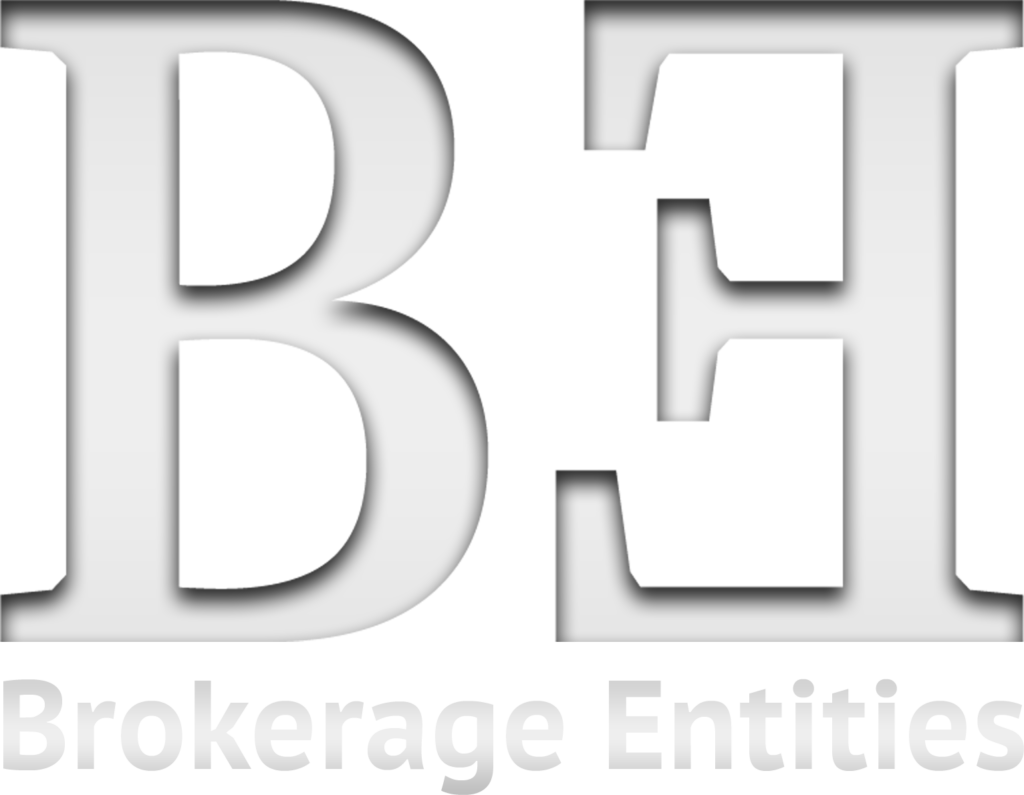ASIC is warning superannuation trustees to effectively consolidate duplicate member accounts after a recent review identified poor trustee practices resulting in consumer harm.
The warning follows an ASIC review of nine trustees, covering both industry and retail funds. ASIC assessed how the trustees are meeting their obligation to annually identify and automatically consolidate duplicate member accounts within a superannuation fund to minimise payment of unnecessary fees. According to the ATO, on 30 June 2022, there were about 3 million people holding two or more superannuation accounts, which includes a portion of members holding duplicate accounts within the same fund.
ASIC Commissioner Danielle Press said, ‘Duplicate accounts may result in super fund members unintentionally paying multiple sets of fees, including insurance premiums, which can significantly erode their superannuation balance over time.
‘Trustees should be proactively merging duplicate member accounts within the fund to not only help their members avoid extra fees but also to ensure their funds avoid costly remediation in the future. However, our review highlighted that they are not doing enough.’
ASIC’s review raised concerns such as:
Documented procedure for identifying duplicate accounts: Three out of the nine trustees did not have documented business rules for identifying and consolidating multiple accounts on an annual basis across some or all of their funds. The other six had business rules and policies in place, and conducted the identification and matching process at least annually. While this process should apply to all fund members, some trustees had rules that excluded certain cohorts of members.
Following ASIC engagement, all nine trustees either have, or will have, documented processes that apply to all members. Five trustees are undertaking the matching process on a monthly basis, or moving to do so, with three more undertaking it at least quarterly.
Best interest assessments: Eight of the nine trustees undertook some form of best interest assessment across one or more of their funds. One of these trustees determined that, having regard to the nature of their fund’s products, it would never be appropriate for a member to maintain multiple accounts and therefore automatically merged all duplicate accounts.
The trustee that failed to undertake any best interest assessment has committed to rectifying this practice and implementing appropriate business rules following ASIC engagement.
Member communication: Most trustees contacted their members about duplicate accounts even though they are not specifically required to do so. The nature of this contact varied: six out of the nine trustees sought direction from their members to check if consolidation was in the member’s best interests and all trustees notified at least some members if a duplicate account was identified.
It is good practice to contact members when duplicate accounts are identified and to remind them about duplicates on a regular basis because a member’s situation or capacity to address the issue is likely to change over time.
Oversight of the process: Two trustees with multiple funds did not have an internal policy on consolidation of duplicate accounts, instead relying on the administrator to have a process in place. This contributed to inconsistent or inadequate treatment of duplicate accounts across the trustee’s funds.
By comparison, trustees that implemented robust reporting, review and auditing procedures demonstrated better practice. For example, one trustee required monthly reports from their administrator detailing the volume of duplicate accounts, and a commitment to keep the number of duplicate accounts below a certain threshold.
ASIC’s review also found that three trustees had a process to check for existing accounts on account creation. While not expressly required by law, this process can help trustees prevent duplicate accounts being created.
Following engagement with ASIC, all trustees with poor practices have committed to improvements to address concerns raised by ASIC. In addition, three trustees are undertaking remediation of members affected by the trustee’s failure to comply with the law.
Ms Press said that while it was encouraging that trustees were committing to improvements and some trustees had effective processes, the failures identified were troubling.
‘It shouldn’t take an ASIC review for super trustees to comply with the law. We are concerned about some of the failures uncovered in our review, and are considering other regulatory action for more serious concerns.
‘We expect all trustees to closely review their policies and procedures against the issues identified and take immediate steps to close the gaps. We will continue to monitor how trustees are consolidating duplicate accounts. Where we identify serious failures impacting consumers, we will take enforcement action where appropriate,’ Ms Press said.
ASIC has engaged closely with APRA on this review and we will continue to work closely to ensure trustees meet their obligations.

